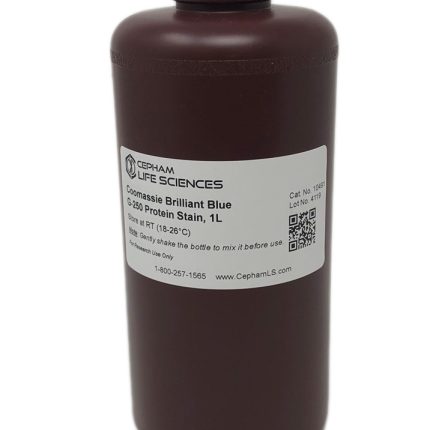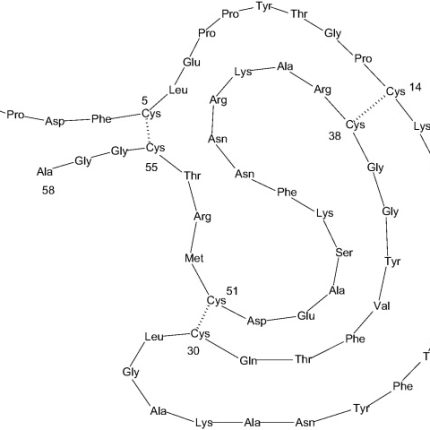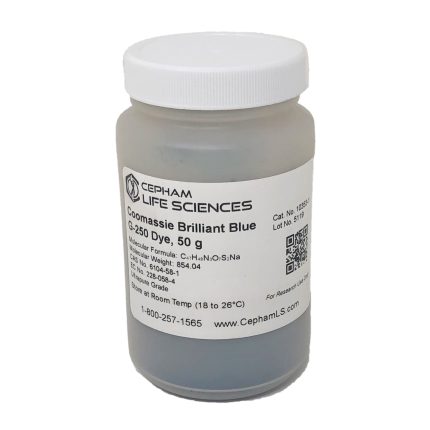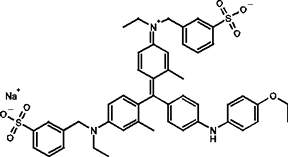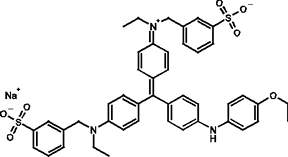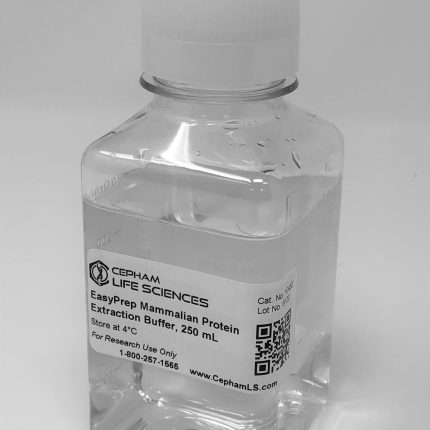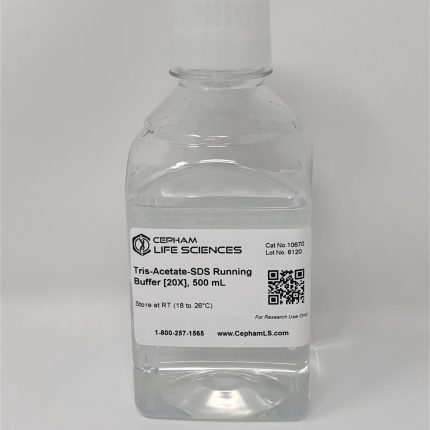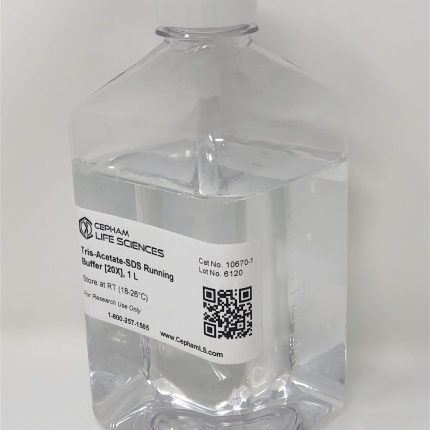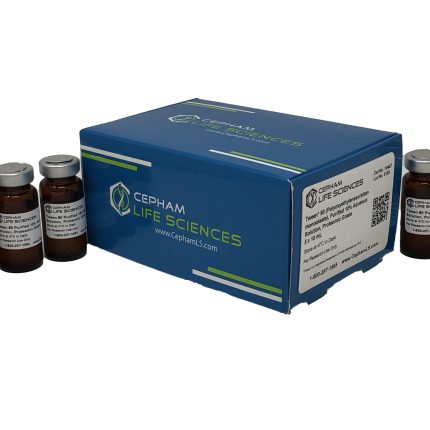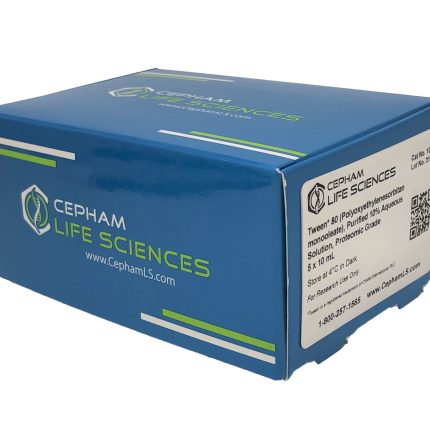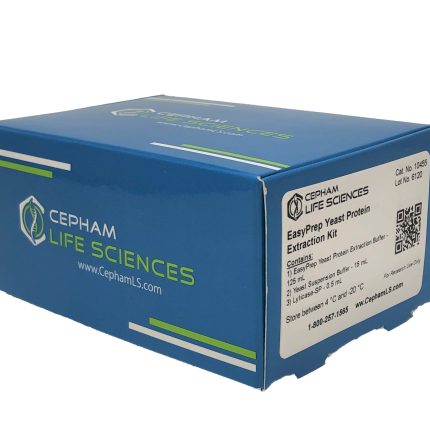INTRODUCTION
Our BCA (Bicinchoninic Acid) Protein Assay is an improved, ready to use quick colorimetric method for total protein quantitation. This is a detergent-compatible formulation, based on bicinchoninic acid (BCA) for the colorimetric detection and quantitation of total proteins. The purple colored reaction product of this assay is formed by the chelation of two molecules of BCA with one cuprous ion. This water-soluble complex exhibits a strong absorbance at 562nm that is nearly linear with increasing protein concentrations over a broad working range (20-2,000μg/mL).
The macromolecular structure of proteins, the number of peptide bonds and the presence of four particular amino acids (cysteine, cystine, tryptophan and tyrosine) are reported to be responsible for color formation with BCA. Studies with di-, tri-and tetra-peptides suggest that the extent of color formation caused by more than the mere sum of individual color producing functional groups.
Accordingly, protein concentrations generally are determined and reported with reference to standards of a common protein such as bovine serum albumin (BSA). A series of dilutions of known concentration is prepared from the protein and assayed alongside the unknown(s) before the concentration of each unknown is determined based on the standard curve.
The two assay procedures are presented; Cuvette and Microplate. Of these, the Cuvette procedure requires a larger volume (50 µL) of protein sample; however, because it uses a sample to working solution ratio of 1:20 (v/v), the effect of interfering substances is minimized. The Microplate Procedure affords the sample handling ease of a microplate and requires a smaller volume (10-25 μL) of protein sample; however, because the sample to working solution ratio is 1:8 (v/v), it offers less flexibility in overcoming interfering substance concentrations and obtaining low levels of detection.
The BCA assay is more sensitive and applicable than either biuret or Lowry procedures and has less variability than the Bradford assay. The BCA protein assay demonstrates higher tolerances towards common interfering substances, such as nonionic detergents and buffer salts, than the Lowry technique1.
The BCA Protein Assay Kit can be used to measure the protein concentration of lysates or homogenates prepared with compatible lysis buffer, in microplate format. We recommend to use BCA compatible reagent and concentration to decrease interference from reducing agents, chelators, detergents, and other common ingredients found in most of the lysis buffers. The BCA assay has many advantages over other protein determination techniques.
Key Features:
- Colorimetric method and read at 562nm
- Compatible with most ionic and non-ionic detergents
- Faster and easier than the Lowry method
- Working Solution stable for 24 hours
- Linear working range for BSA: 20-2,000μg/mL
- Adaptable to microplates
- Less protein-to-protein variation than dye-binding methods
Kit Contents:
| Item Name | Cat. No. 10477 | Cat. No. 10477-1 | Storage Condition* |
| BCA Reagent A | 2 x 250 mL | 2 x 500 mL | Room Temp |
| BCA Reagent B | 12 mL | 1 x 25 mL | Room Temp |
| BSA Standard
(2 mg/mL) |
2 x 5.0 mL | 2 x 5.0 mL | 4°C |



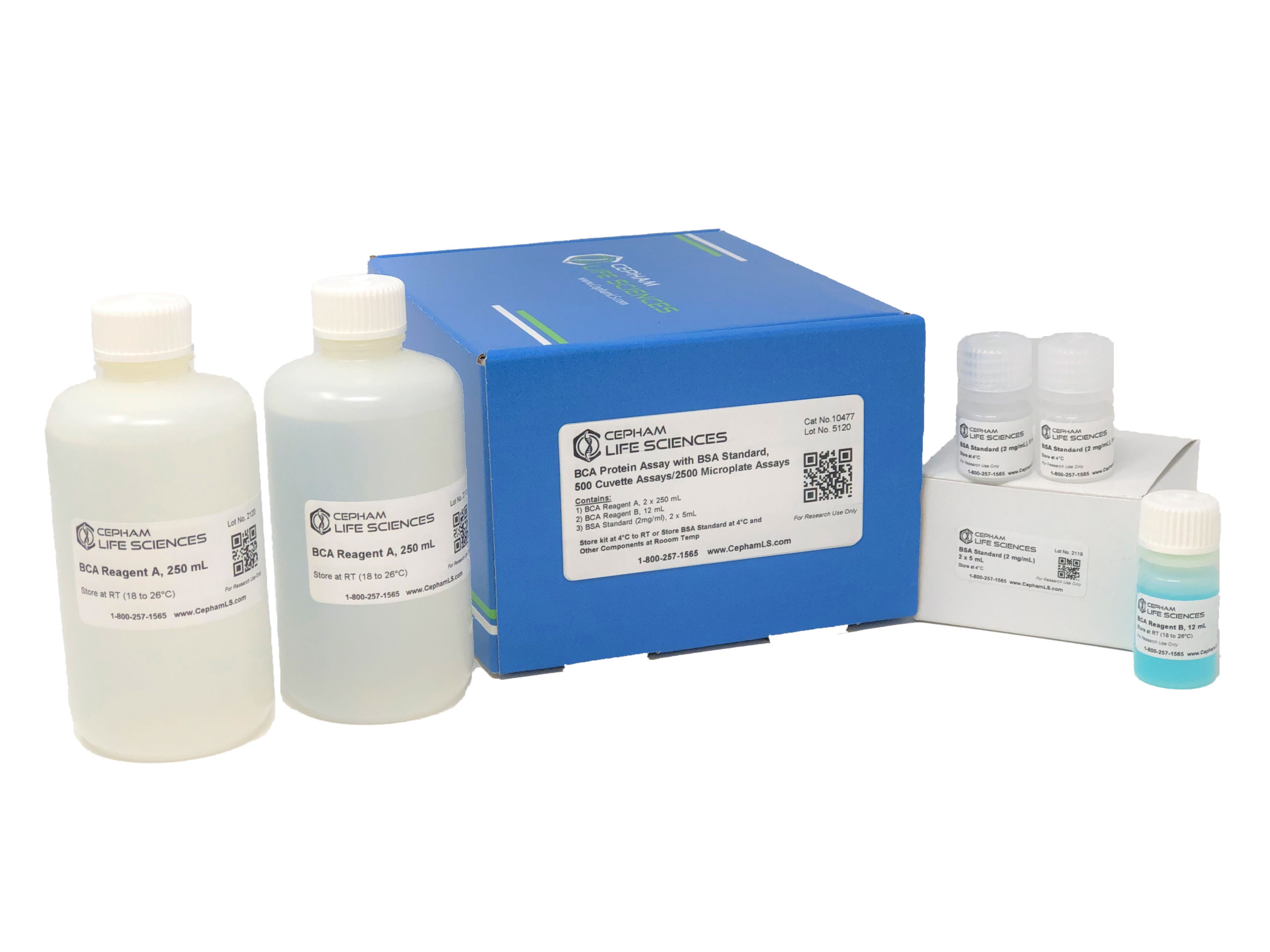
![Protease Inhibitor Cocktail [100X], His-Tag](https://www.cephamls.com/wp-content/uploads/2019/02/PRD2191-430x430.jpg)
